…without obedience to God’s commands there is no potential for the love of God. Jesus simply reiterates this idea: “If you love Me you will keep My commandments.” Thus the circumcision of the heart is the readiness to obey God which is the prerequisite for being able to love God. It is noteworthy that when Jesus chooses to sum up once and for all, the entire law and prophets, He chooses to draw from this very passage — the same passage which ties circumcision of the heart to the total love of God.
And also noteworthy is the fact that God Himself will be the one to circumcise our hearts. Just as it was the responsibility of each Hebrew father to circumcise his sons and all the males of his household, God the Father of every Christian child, will take the responsibility of seeing to it that His children’s hearts are circumcised! This idea needs to be drawn out theologically. It will be done here in the simplest way. The catechism teaches that circumcision prefigures baptism. In the Old Covenant, circumcision was the rite of initiation which brought a person into covenant with God. Likewise, baptism is the rite of initiation wherein a person becomes a child of God. But in neither case does the story end there. Because man has free will, he constantly has to keep himself in covenant with God through obedience to God. That is why in the Old Covenant, God continually called the people to circumcise their hearts even though their flesh was already circumcised. But because of Christ’s redeeming work, when we are baptized, we are freed of original sin and so we begin in a much better place — with hearts which have been circumcised by the Father. Perhaps the removal of original sin in baptism is the circumcision God promises to His people in Deuteronomy 30. And yet, as mentioned, we have free will, so we must continually choose the circumcision of the heart. Just as the Jews, though already circumcised , were asked to examine their hearts and keep them circumcised, so we too, though circumcised of heart at baptism, must keep vigilance over our hearts and continually present ourselves to Him who is capable and willing, to Him who is skilled with the scalpel.
“Circumcision and the Crucifixion” written by Maggie Willson in the magazine Homiletic and Pastoral Review
Adrift in a nebulous void, an abyss undefined by darkness, sensing the quality of light beyond, I am aroused by a sensation below. Slothfully, I identify myself in a lucid dream. Looking downward, viewing my naked body, I notice a chord emanating from my chest. A winding twining thing, comprised of two distinct strands bursting forward.
Exiting, originating from my heart, the chord is constantly drawn from my body. The force pulling the chord is consistent and firm. It does not move my body—the chord sliding forth while not pulling my body. Gliding outward, the distinct chord is apart from my body. It is something connected, yet detached; similar to a magician pulling a seemingly endless napkin from his pocket.
Visually, I follow the chord to its source, discovering two beings pulling forth. Their form is that of humans, however, their appearance is shrouded by a mysterious cloud of illusion. I notice wings, tiny bodies: cherubs a playing, filled with joy, laughing and singing. I can not clearly focus upon the sweet tiny angels. They swim in and out of focus. I am able to distinguish both cherubs are absorbed in the effort of pulling at the chord, or rather pulling at individual ends. The twining strands couple to form the single chord passing from my heart.
At the point of contact with my flesh, the mystical chord creates friction, igniting a burning sensation throughout my body. Energy exchanged. Fear erupts. I panic, fighting against the heavenly exterior efforts. Opposition ingrained, I reach out to grasp the chord in order to strengthen my resistance. As I grab the chord, my perspective suddenly changes, my consciousness exiting my body. I am now able to perceive, simultaneously, from the opposite originating points. I am looking back at myself, the pulling cherubs now my two eyes, two eyes seeing as one. I watch my body struggle as I sustain the effort of drawing the chord outward, from my current perspective inward.
Incredibly, my emotional state achieves an abnormally peaceful state with my change of perception. The tension of my physical body assuaged. I acknowledged the serene state of being as a hand holding a dagger extends outward from my current position. The singular hand is huge in perception. Unemotionally, I realize the intention of the dagger. A driving force plunges the dagger directly into my heart. The moment the dagger penetrates my flesh, my perspective snaps back to my body.
An emotional upheaval erupts. I am pierced, overwhelmed, finding it difficult due to the flooding of thoughts. Anxiety forces the desire to move. Deluged with fear, hysterical with the thought of death, I cry out to the surrounding emptiness.
Remarkably, I am stunned by an incredible lack of sensation. The dagger does not pierce inflicting pain, rather it soothes, gratifies, burning with an extreme coldness, cauterizing. My chest is an infected, seriously abscessed wound now being relieved of its painful pressure. The supernatural relaxing sensation comforts, causing a complete inner collapse, or is it possibly a return to a natural state? All my muscles release, miraculously all physical tension is eliminated. I am shocked by the feeling of complete release. I never realized there was so much tension existing within my body.
As the dagger settles deeper, blood begins to pour out and over my body. Striking the center of my heart, the dagger produces a thick stream of dark red, almost black blood. Bathing my body, the blood stimulates a primordial warmth, blanketing innate fear and ignorance. The profoundness of the act advances into a practical awareness. This must be done. The subtle thought of a womb never completely develops as it is overwhelmed by the image of a red orchid blossoming upon my open chest.
Slowly awakening, slothful and groggy, I emerge from the dream. Whispering. “Should have dug the dagger deeper.”
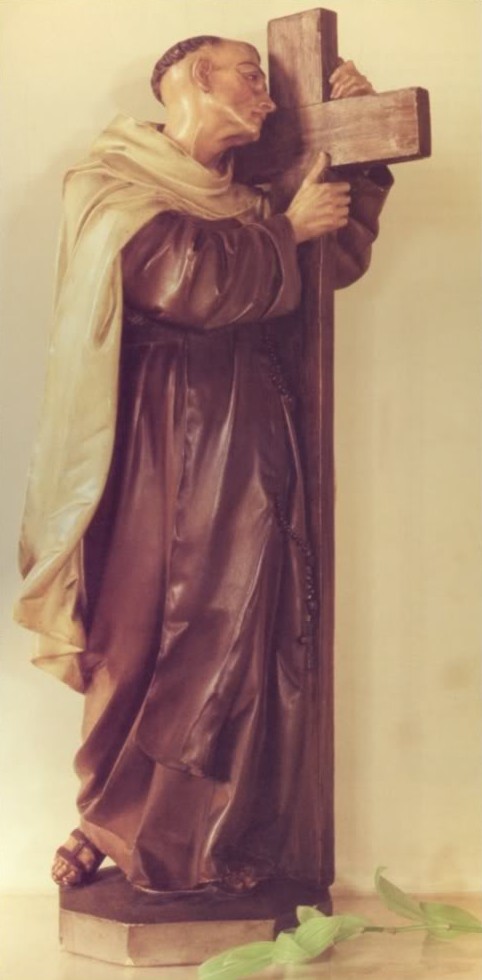


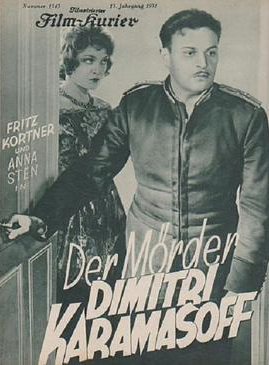
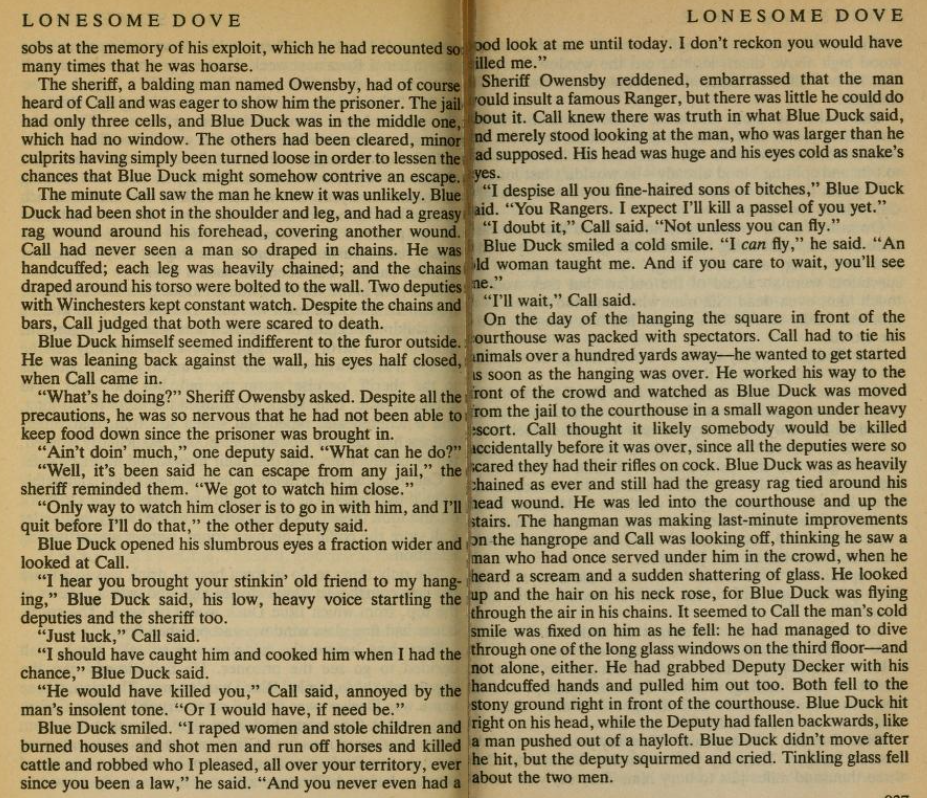
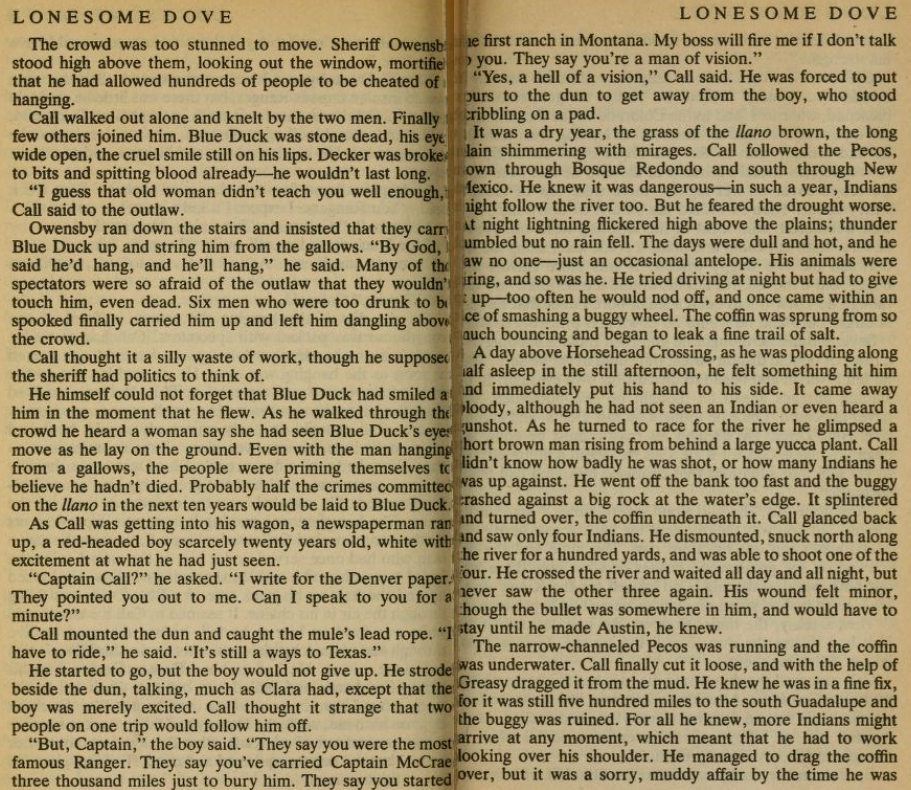
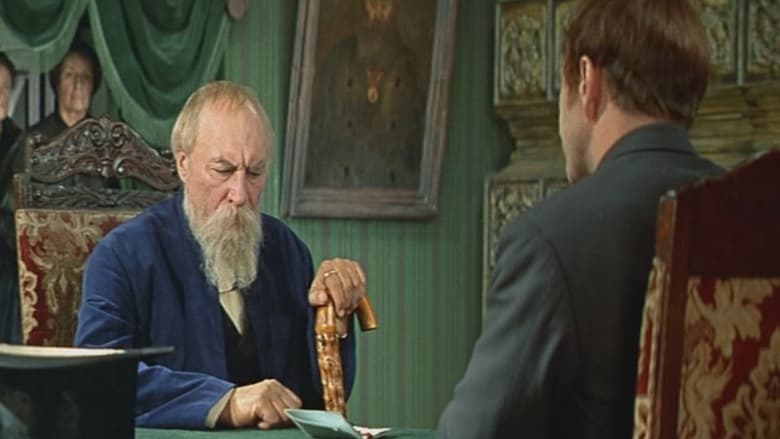


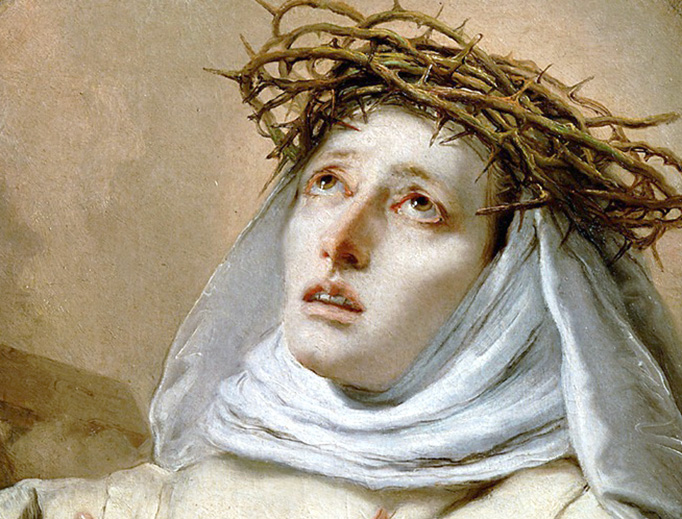
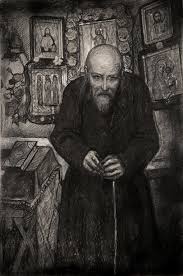
Recent Comments